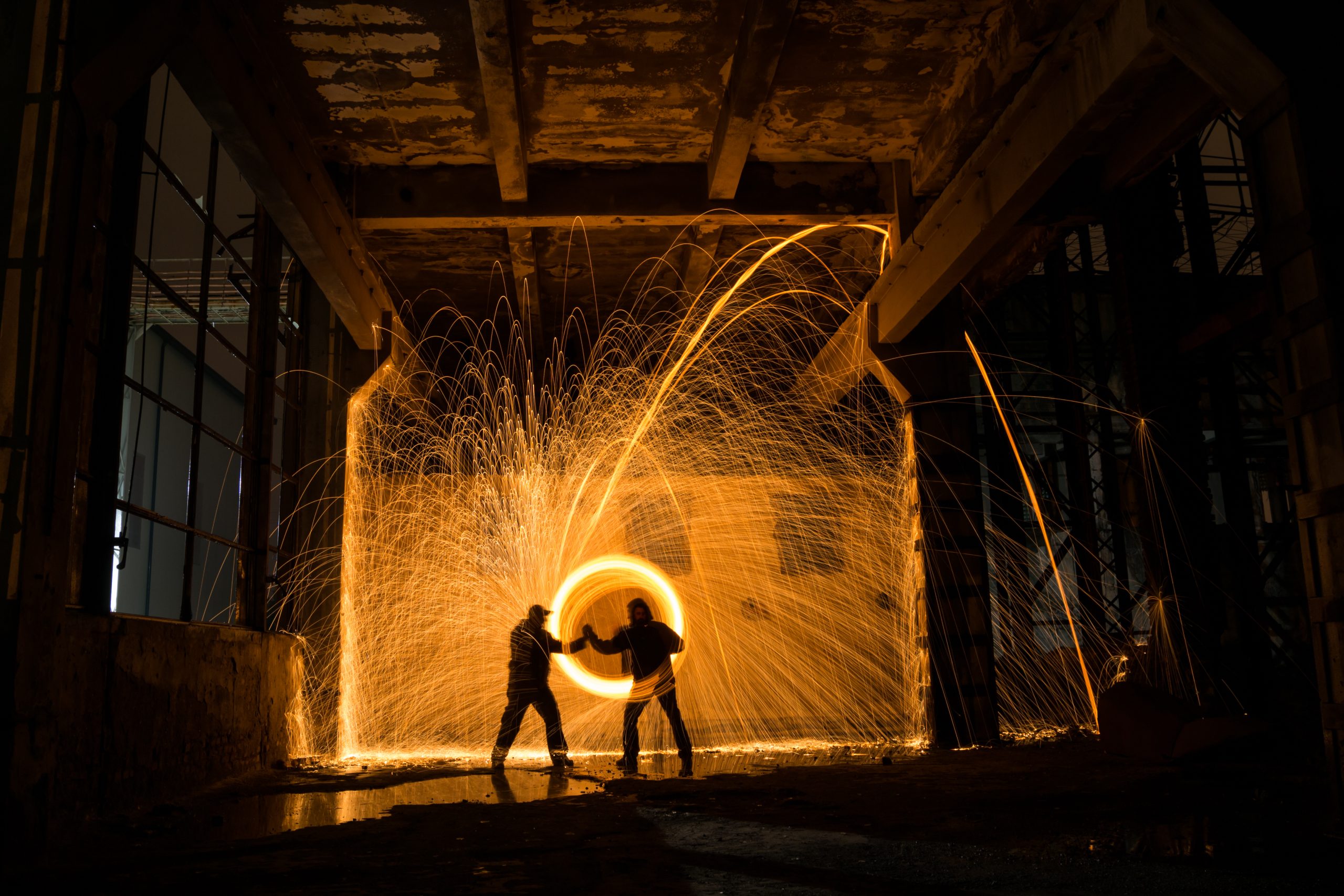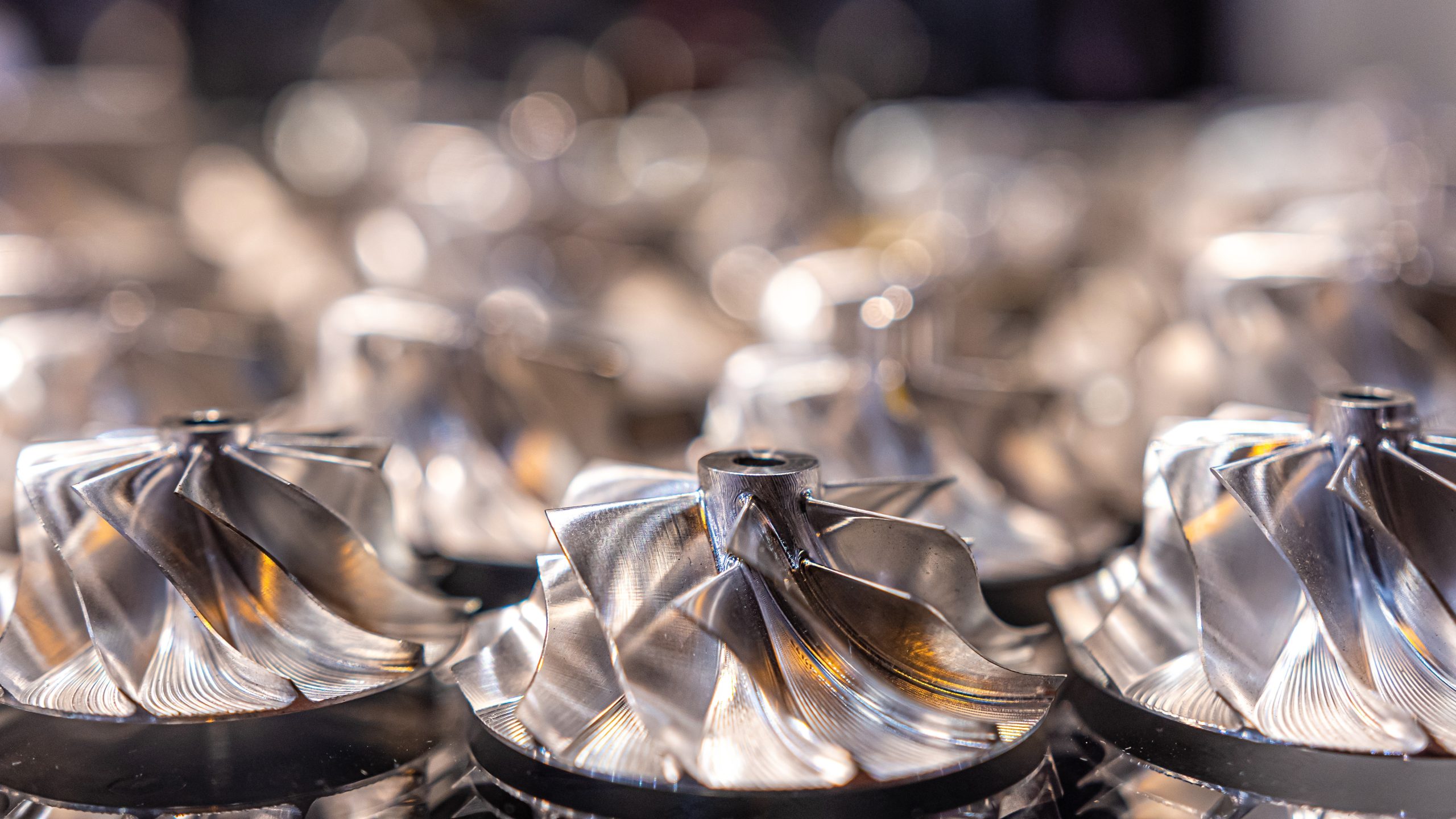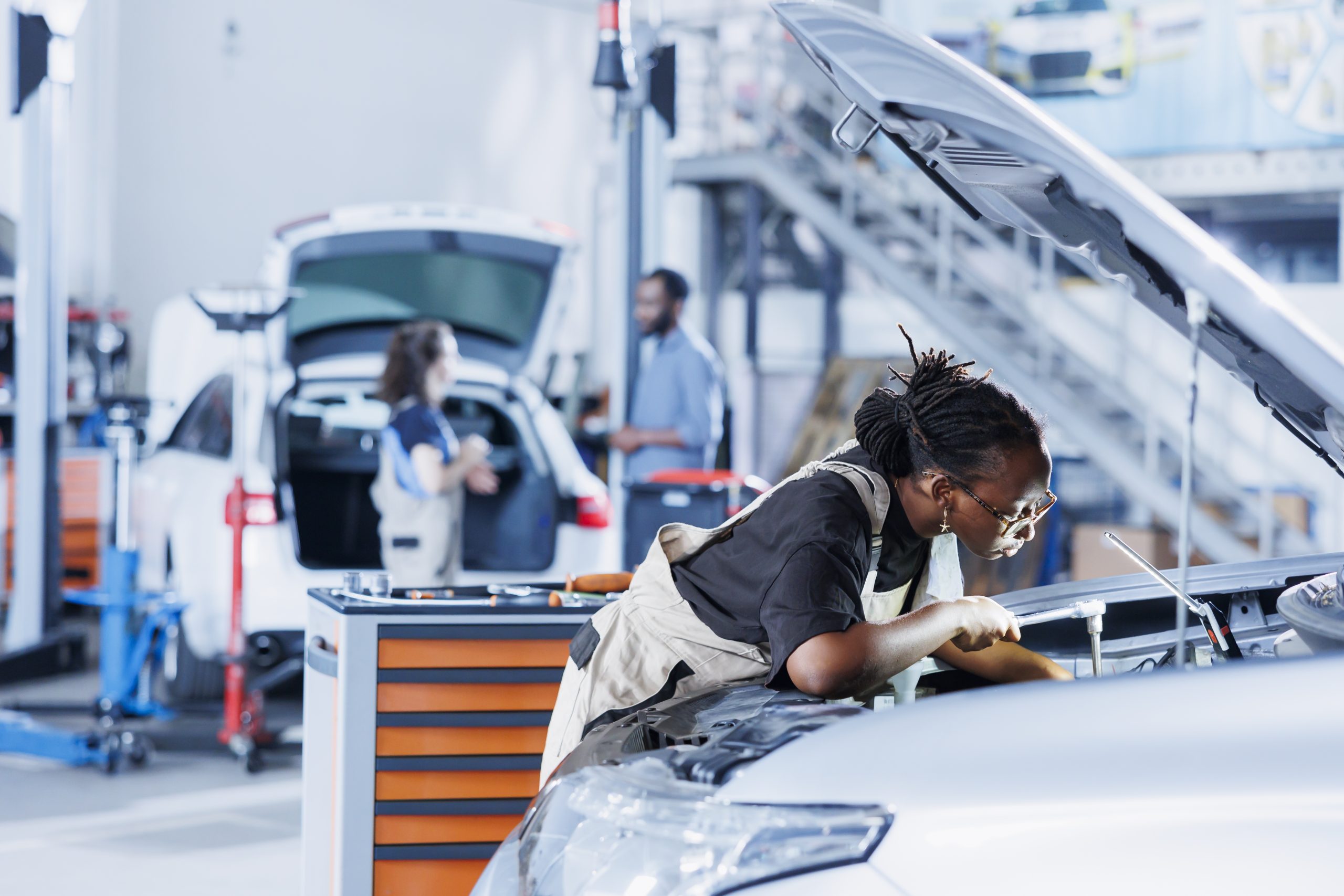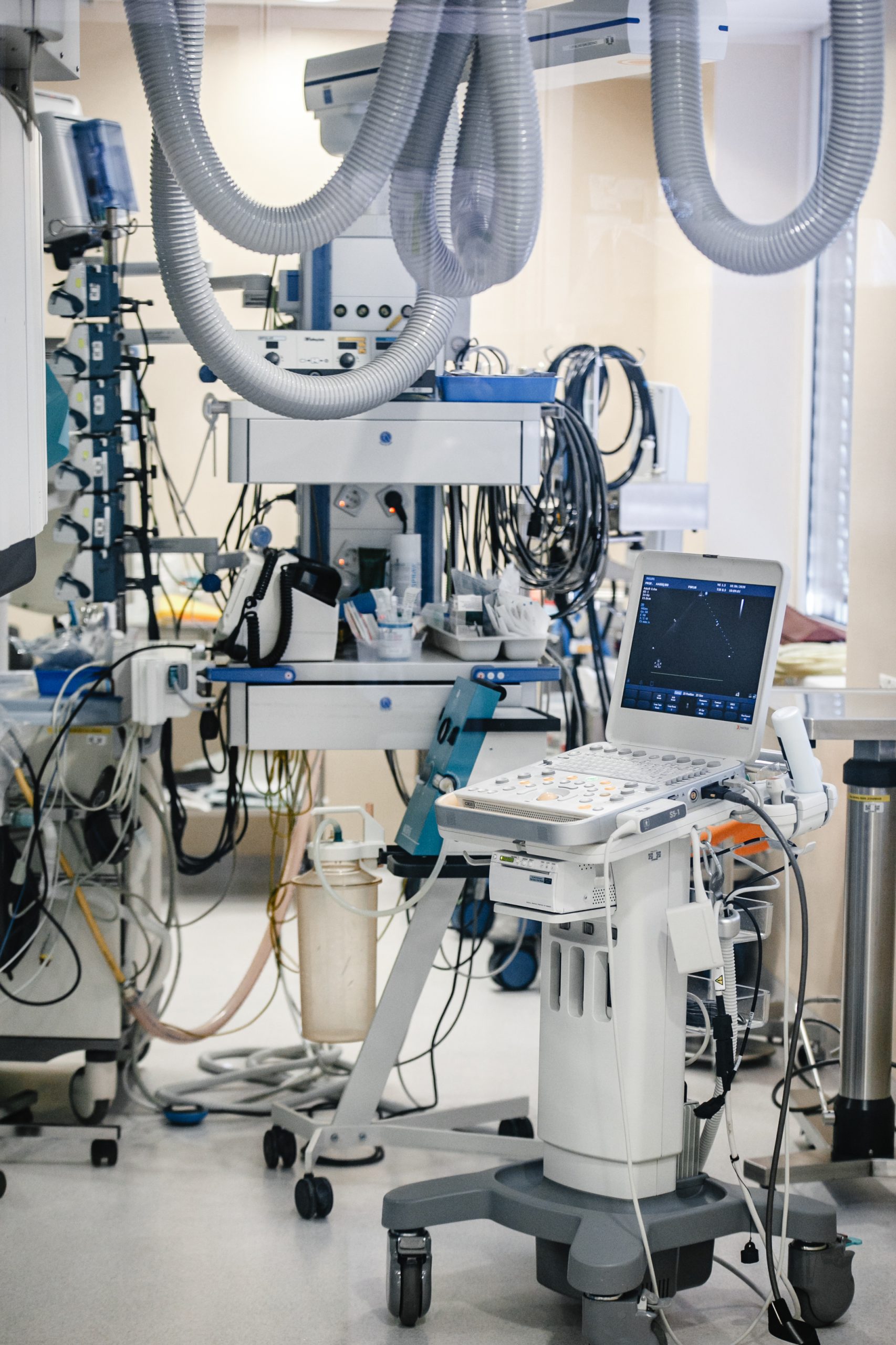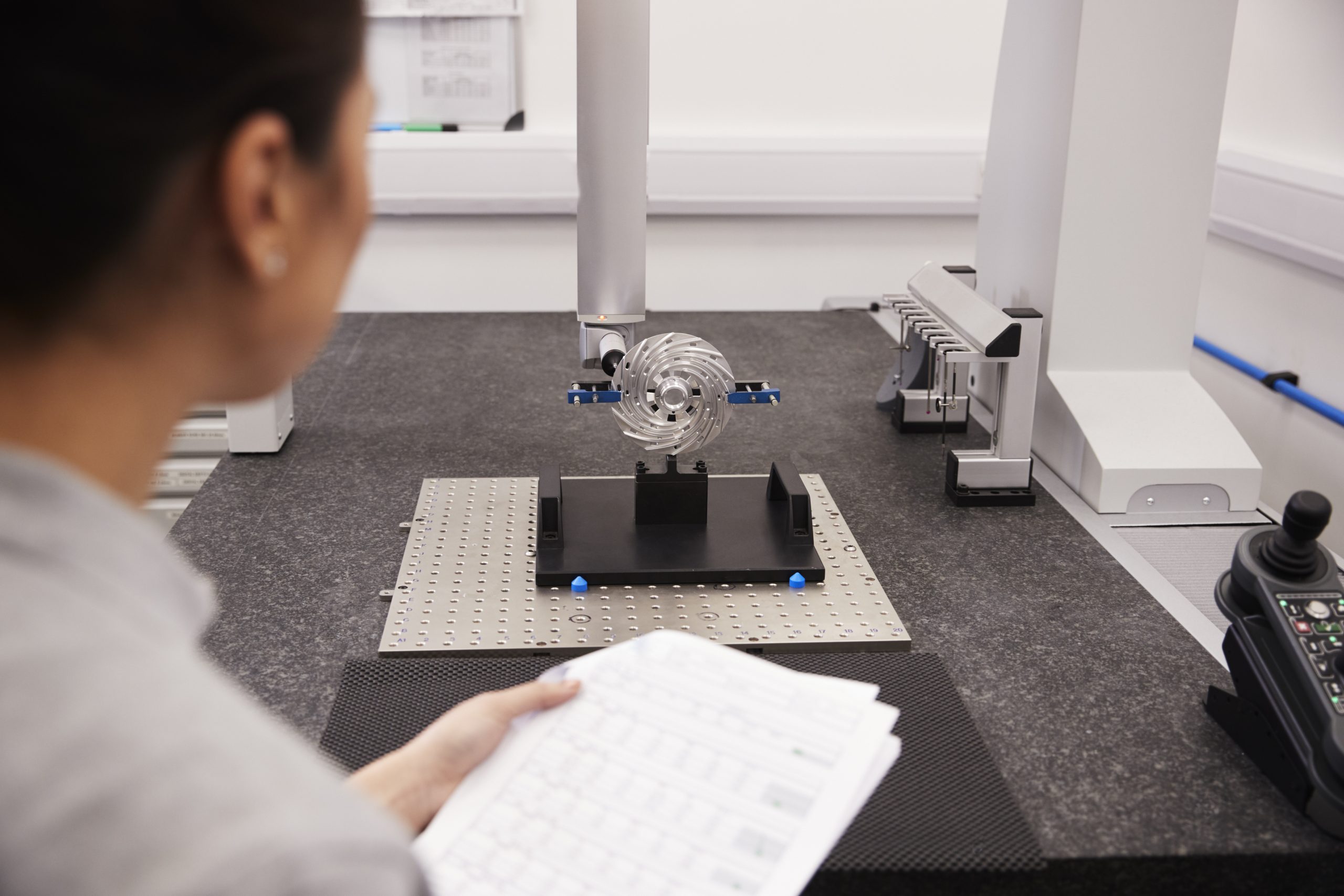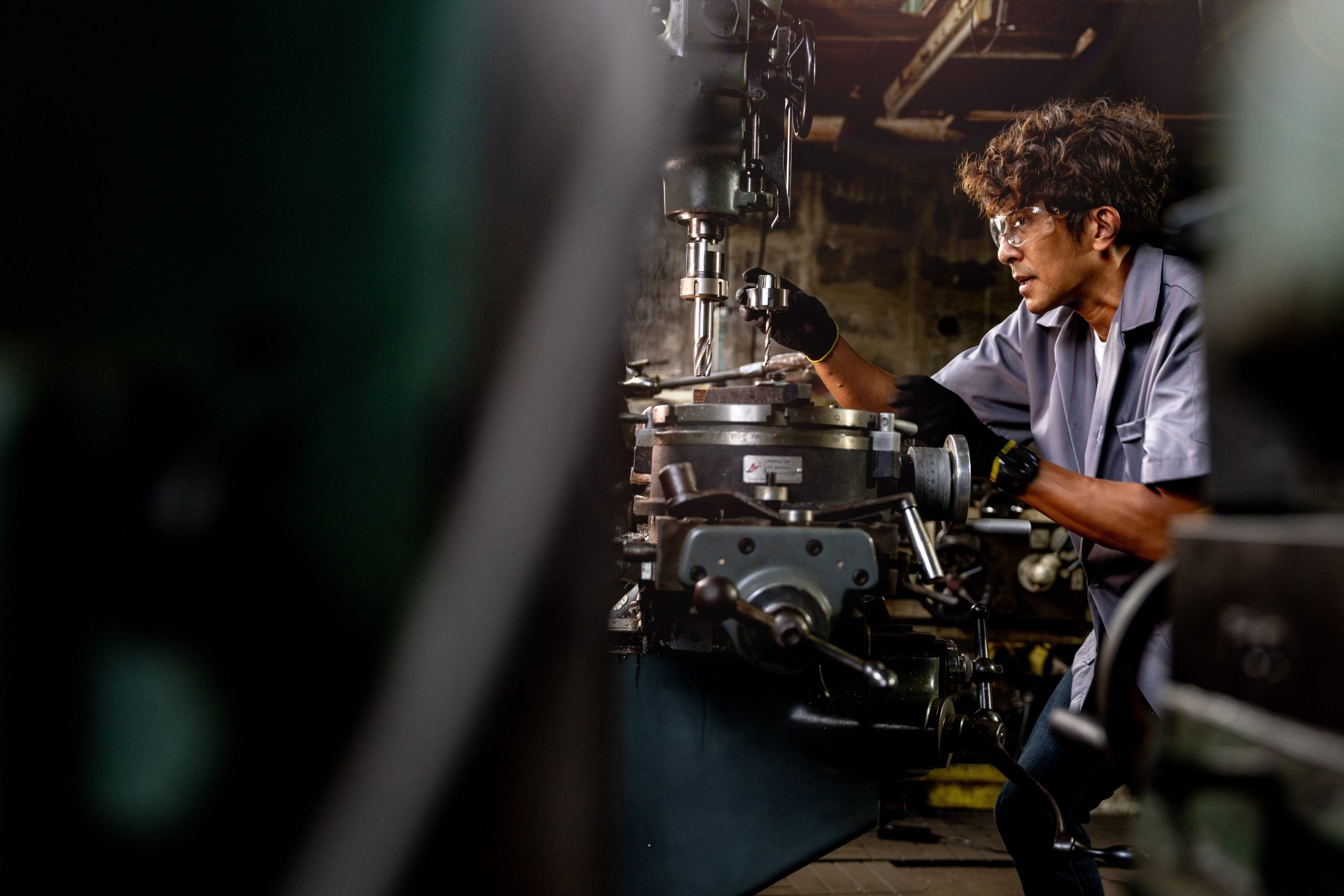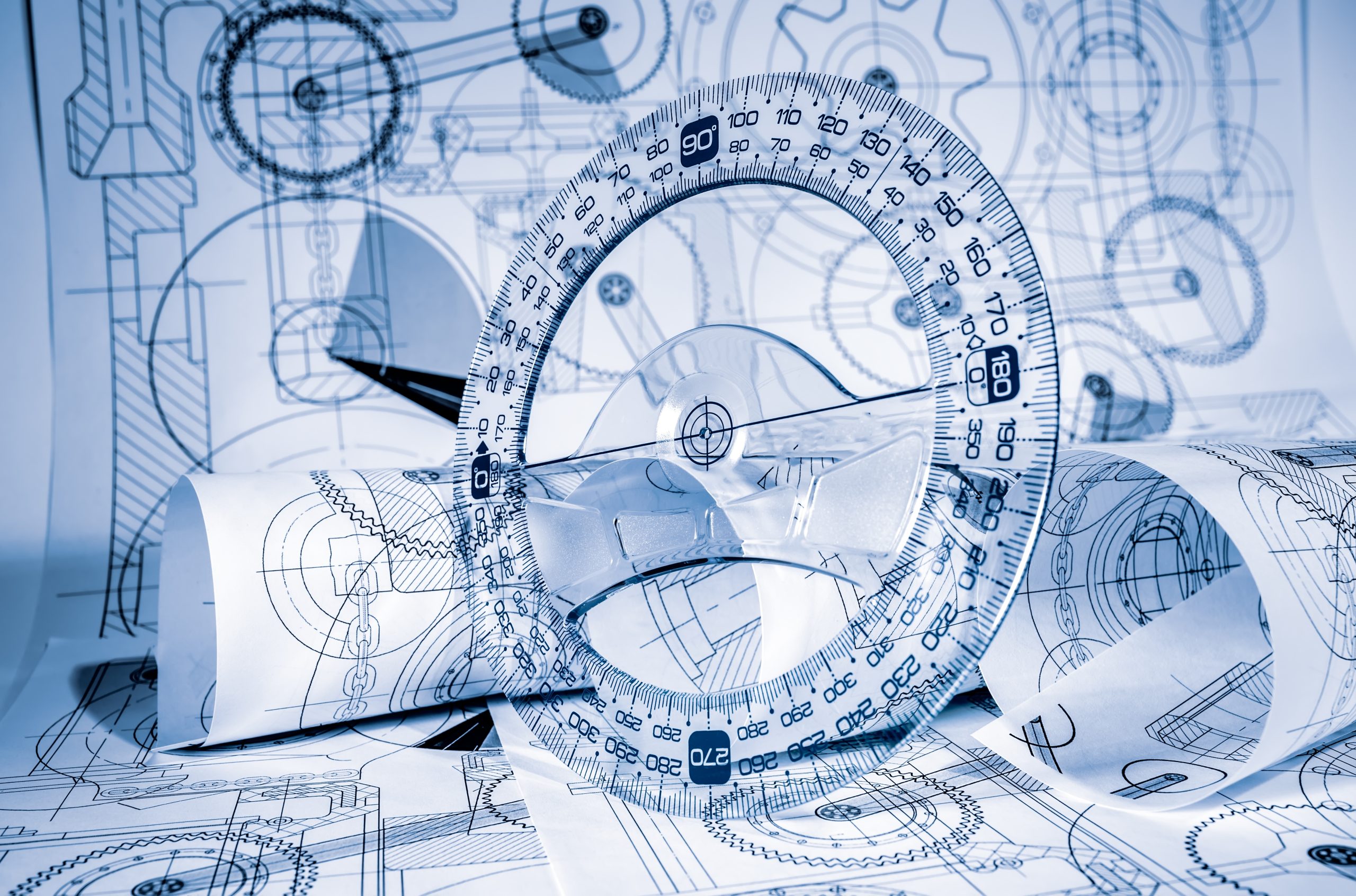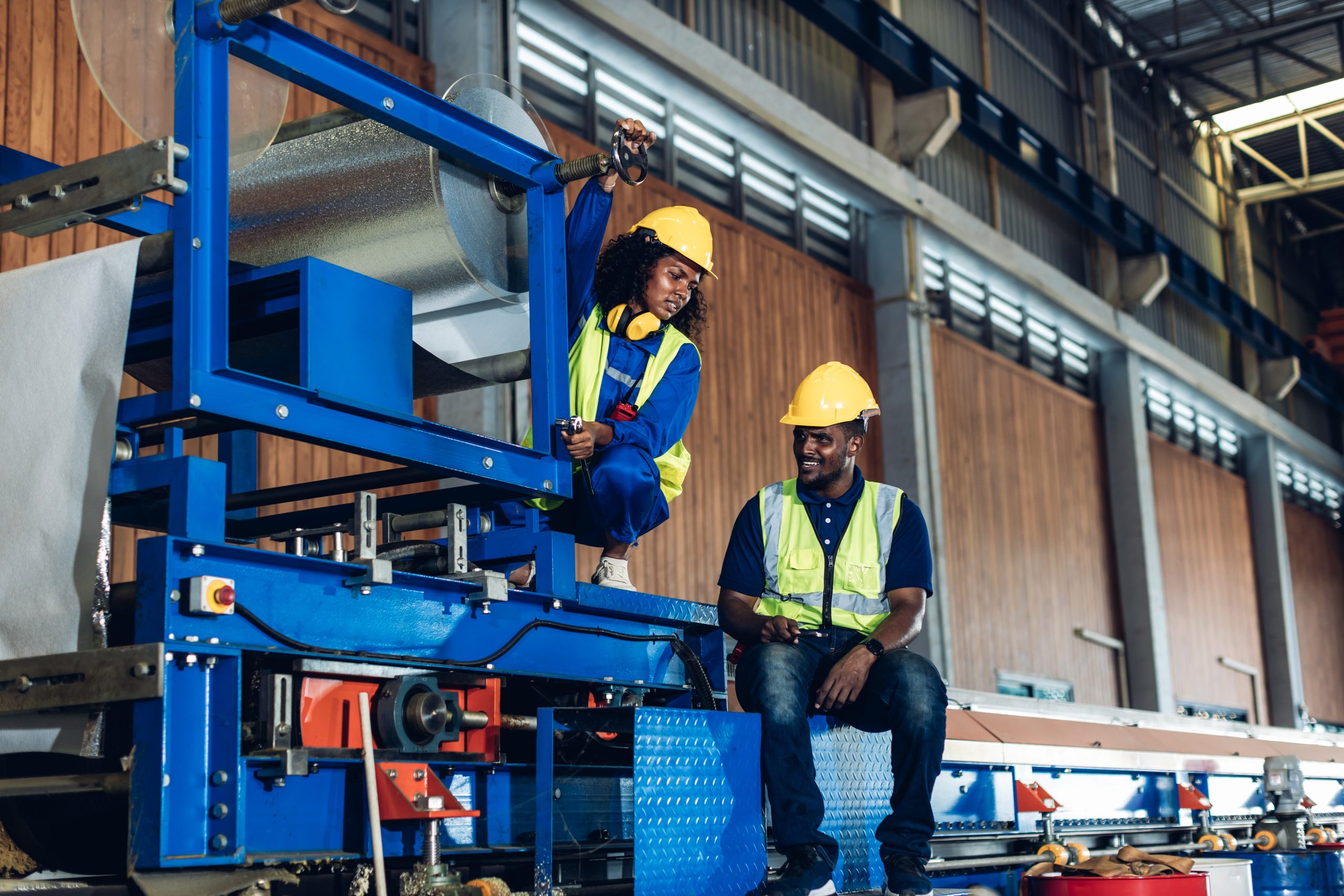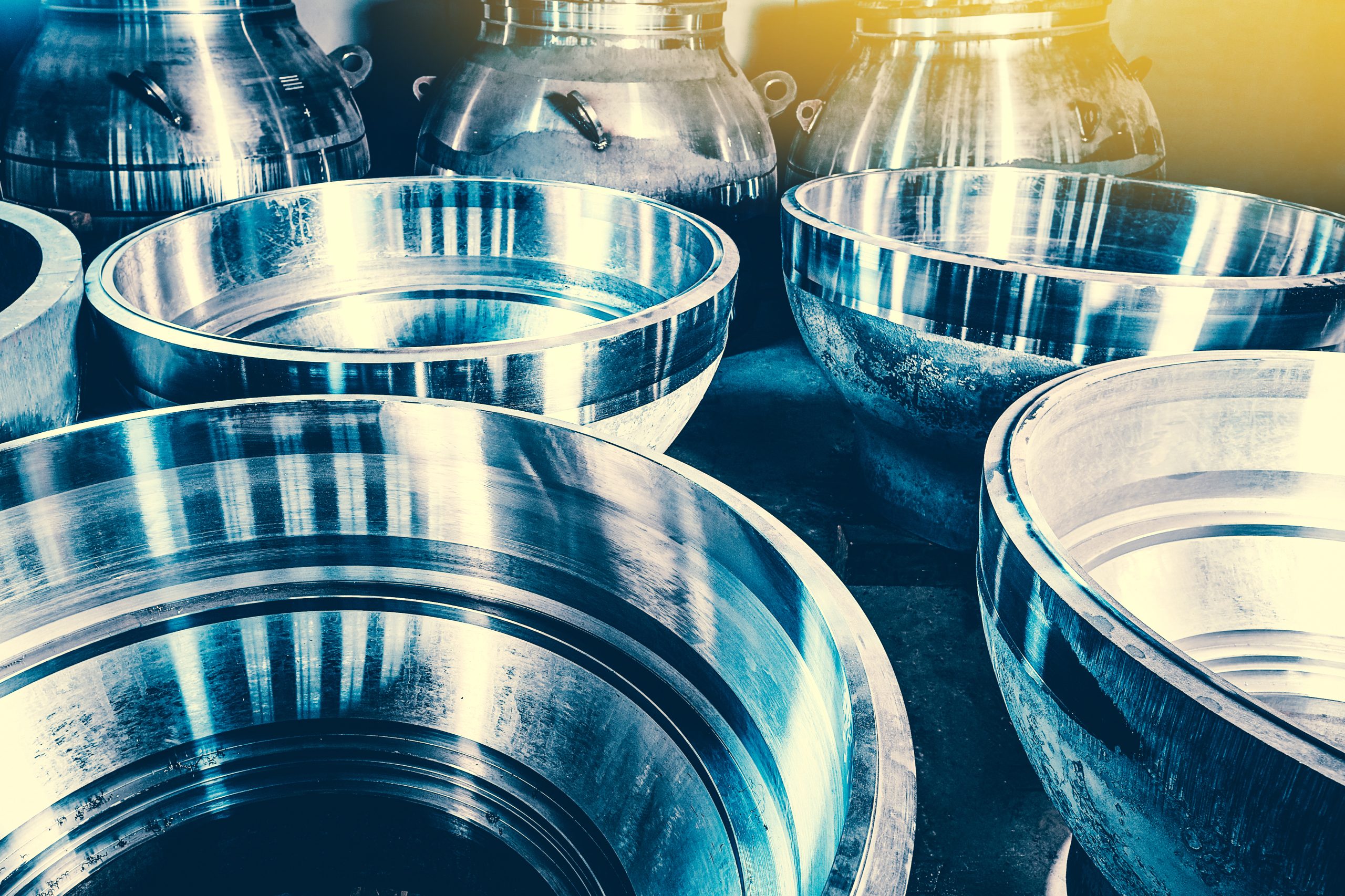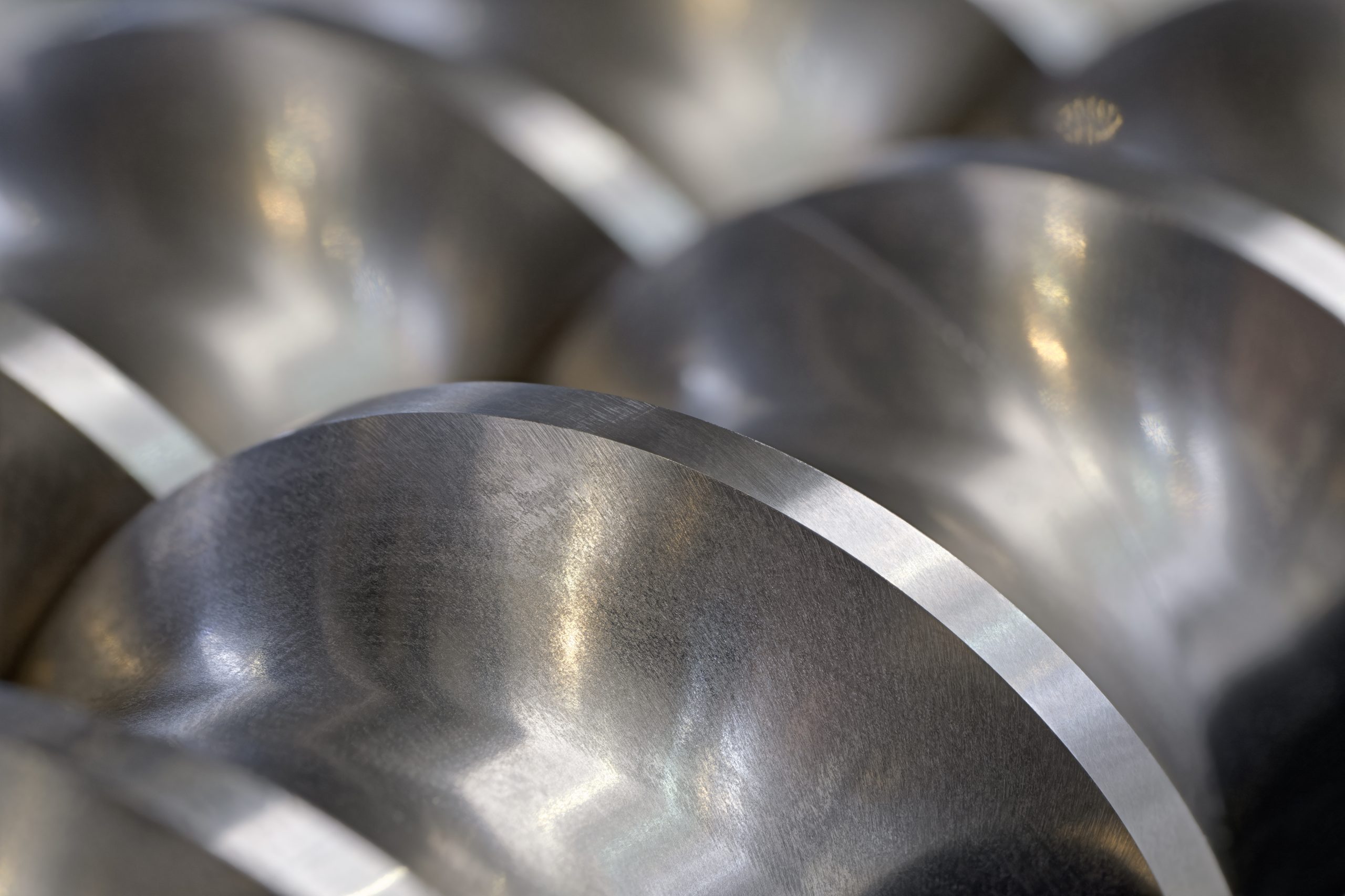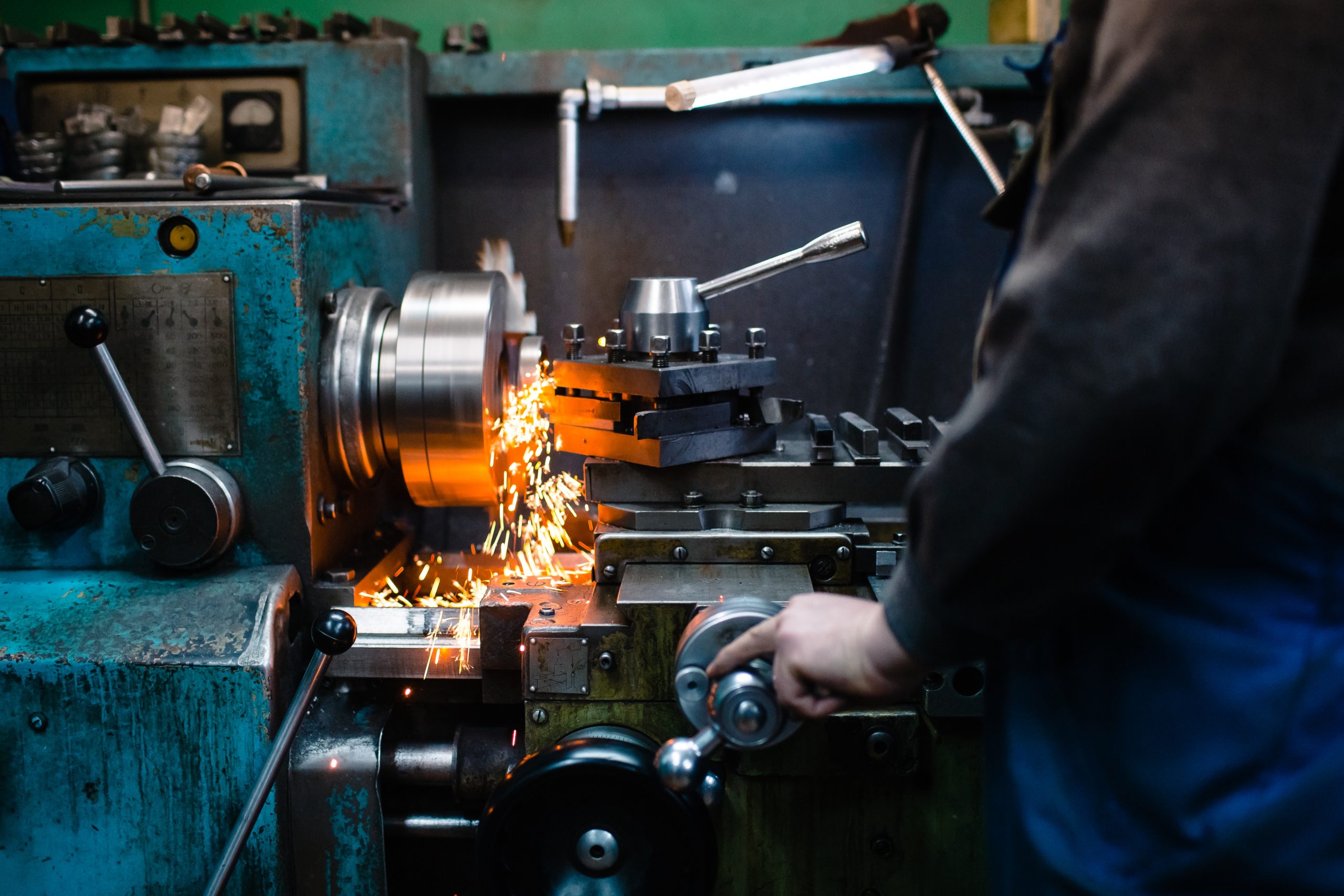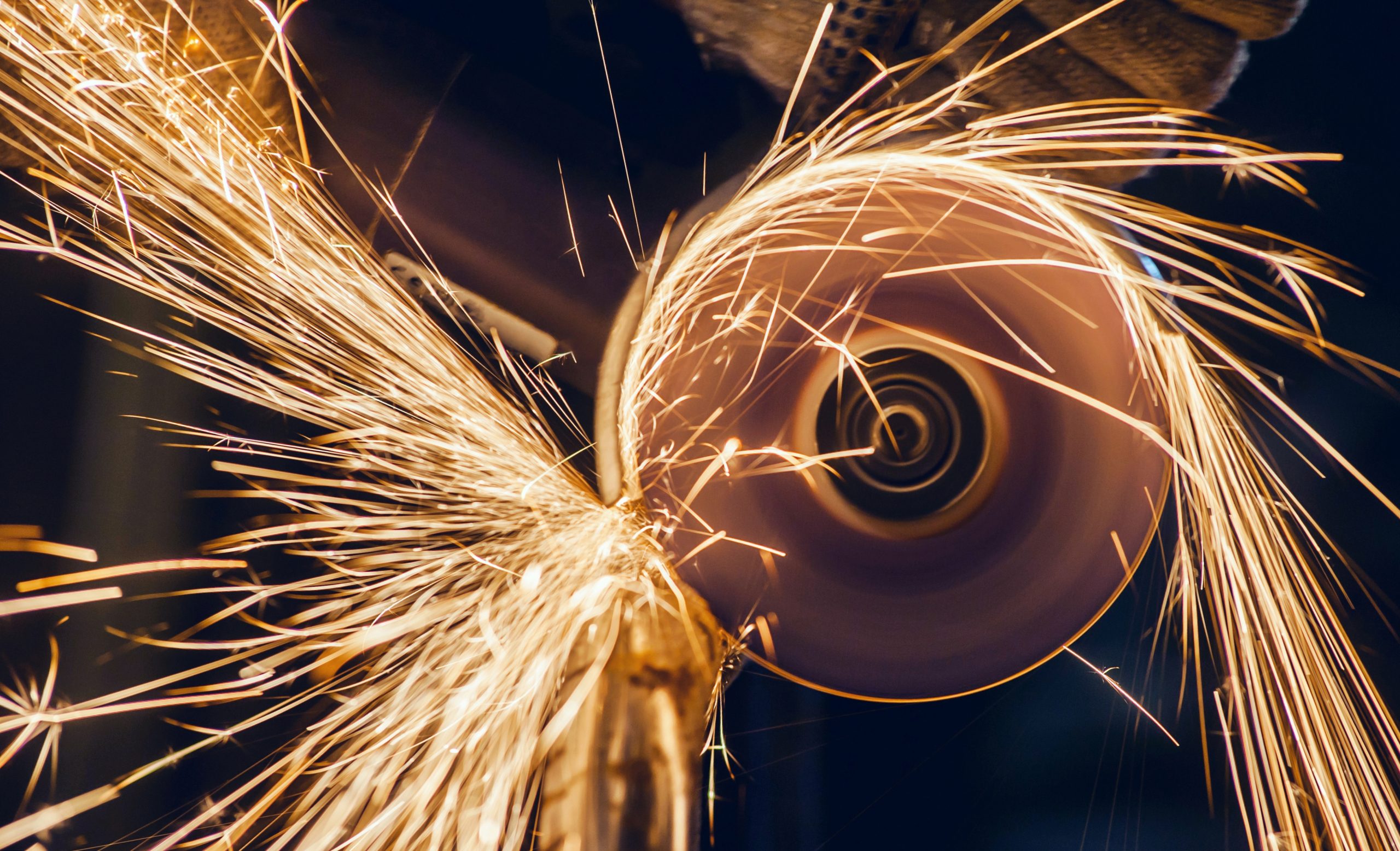We cannot overstate the importance of CNC technology in metal spinning. As industries evolve, manufacturers need solutions that enhance precision, increase production speed, and reduce waste – all areas where CNC spinning excels.
For high-performance sectors like aerospace, automotive, and medical manufacturing, CNC spinning ensures that components meet ever-tightening tolerances, supporting advances in fuel efficiency, aerodynamics, and medical safety. The ability to reliably produce complex geometries with repeatable accuracy means CNC technology will continue to be the backbone of metal spinning for years to come.
Future innovations such as AI-driven CNC programming, hybrid additive manufacturing, and real-time quality control systems will make CNC spinning even more efficient and adaptable. These advancements will further solidify CNC technology as the most precise, cost-effective, and scalable method for shaping metal components.
At Tanfield Metal Spinners, we are committed to staying at the forefront of CNC metal spinning, continuously investing in technology to deliver superior quality, efficiency, and reliability. Whether you need high-volume production or intricate, one-off components, our CNC capabilities ensure that every part meets the highest industry standards.

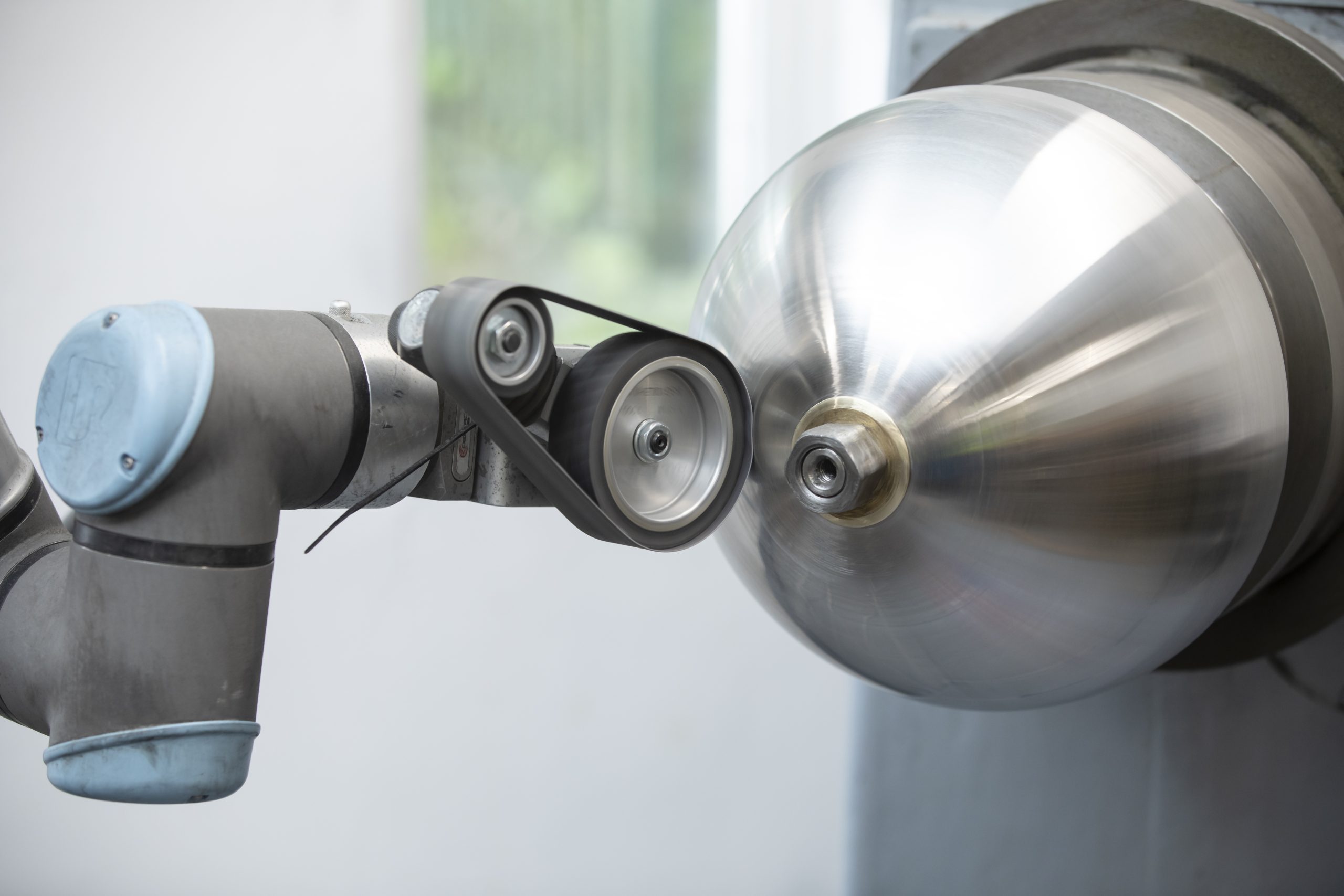 Metal Spinning
Metal Spinning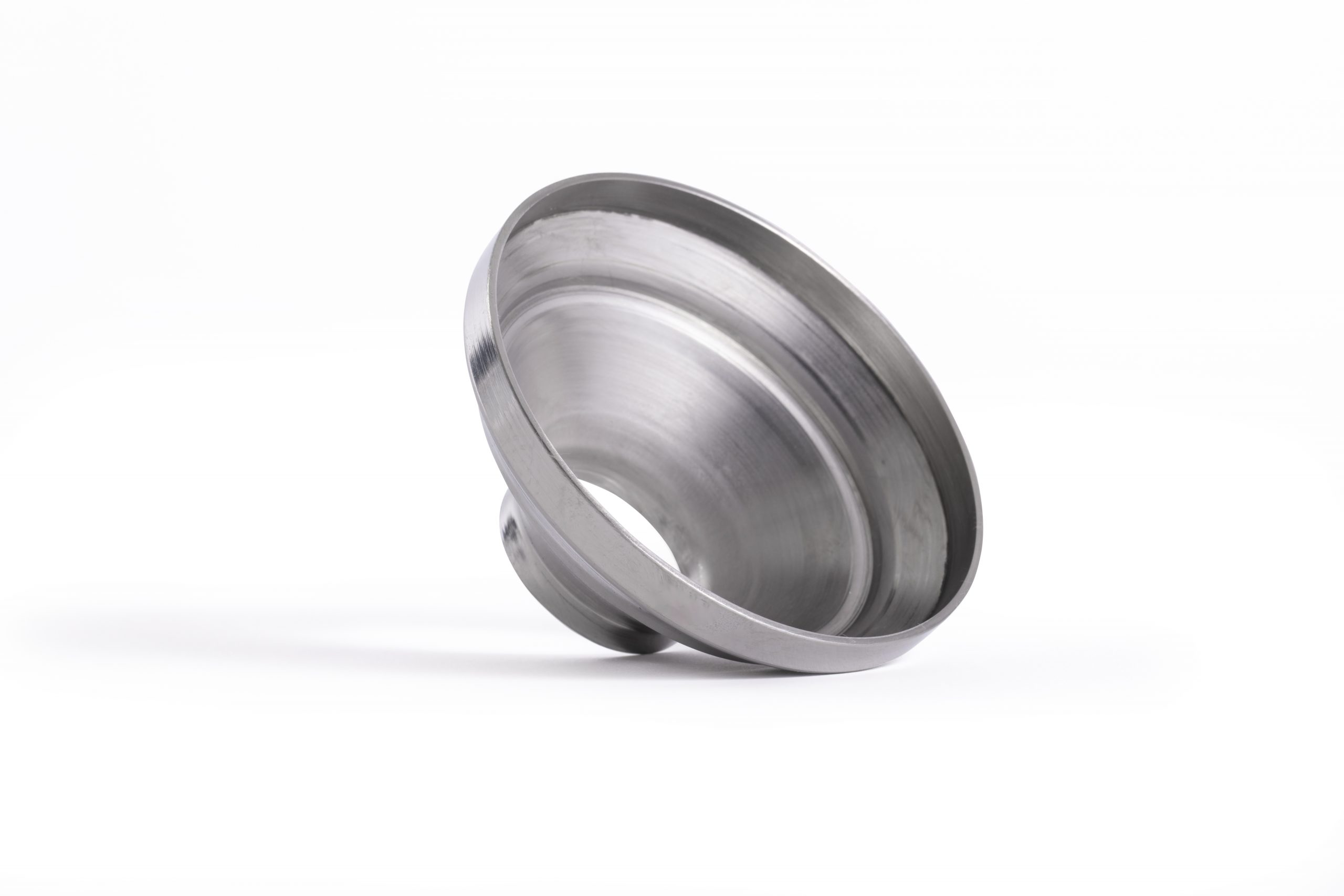 Bespoke Metal Spinning
Bespoke Metal Spinning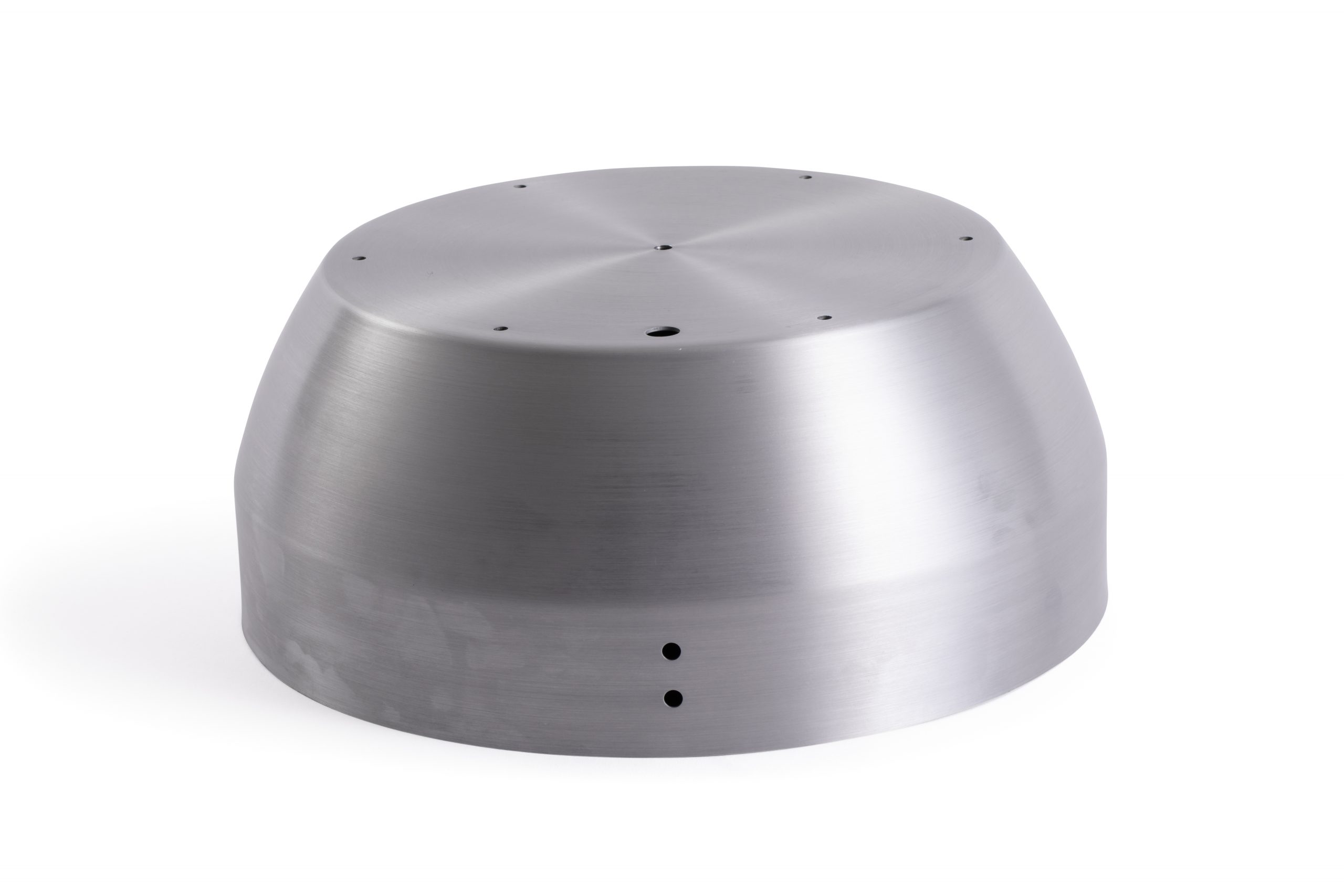 Metal Polishing
Metal Polishing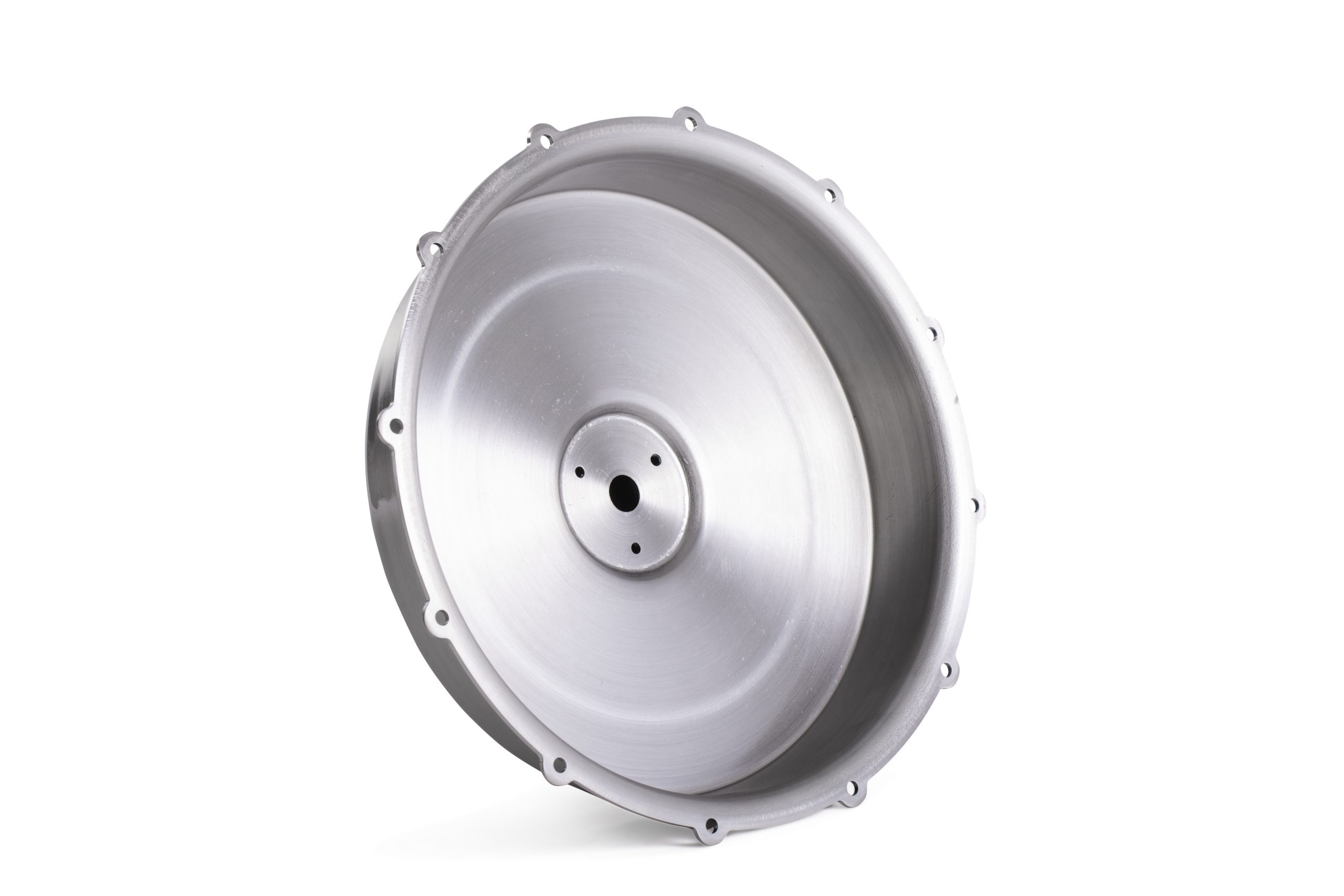 Machining
Machining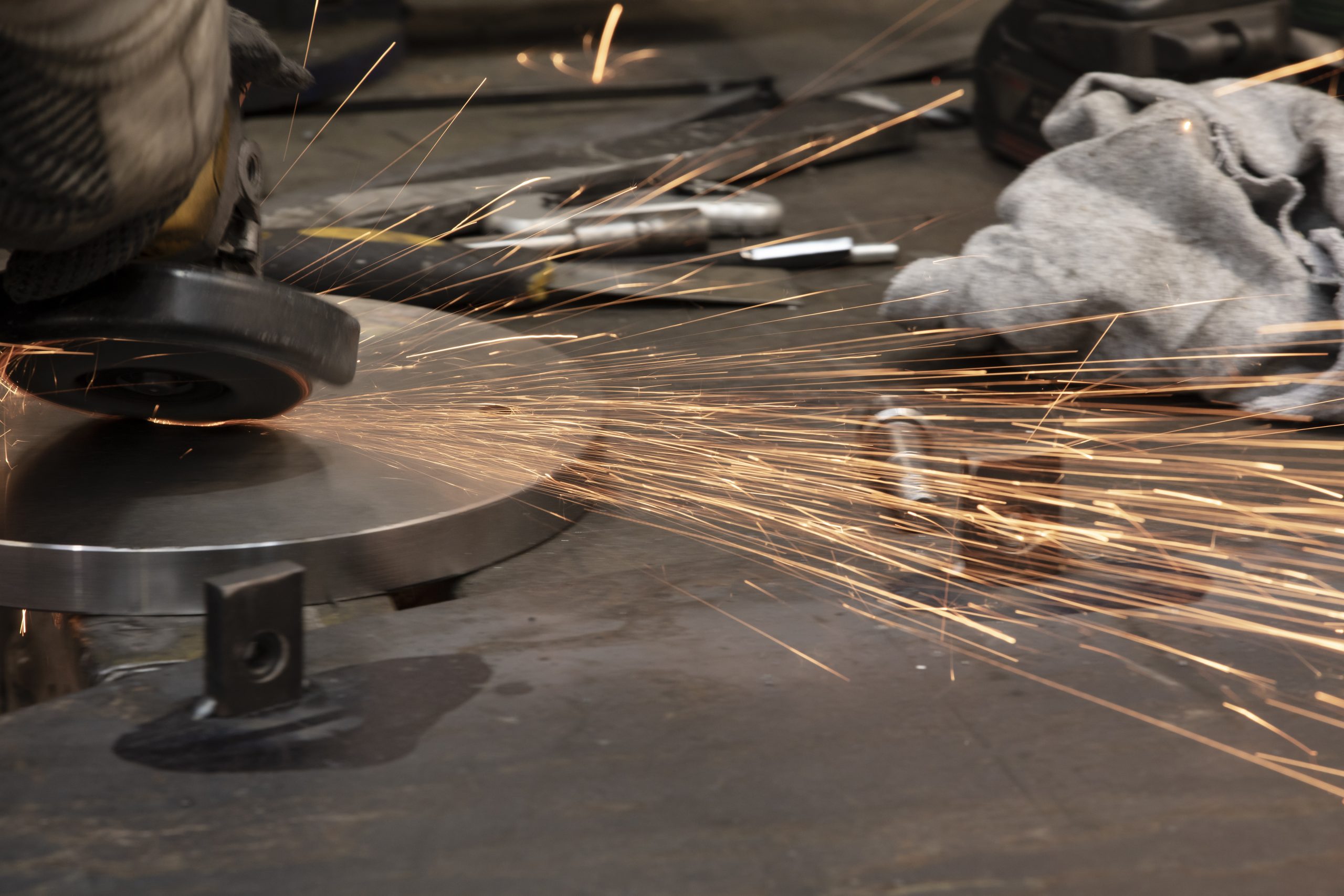 Metal Pressing
Metal Pressing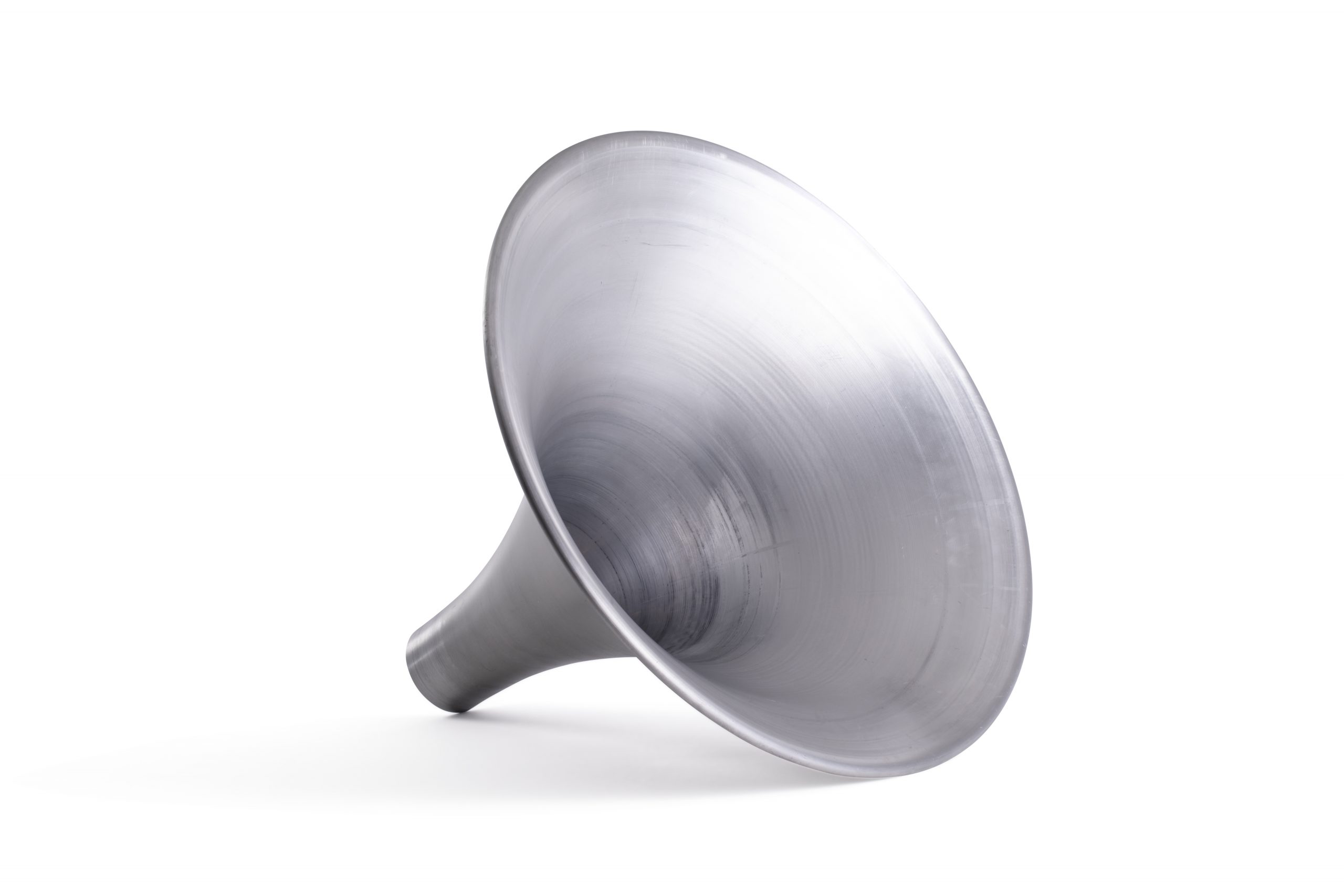 Metal Swaging
Metal Swaging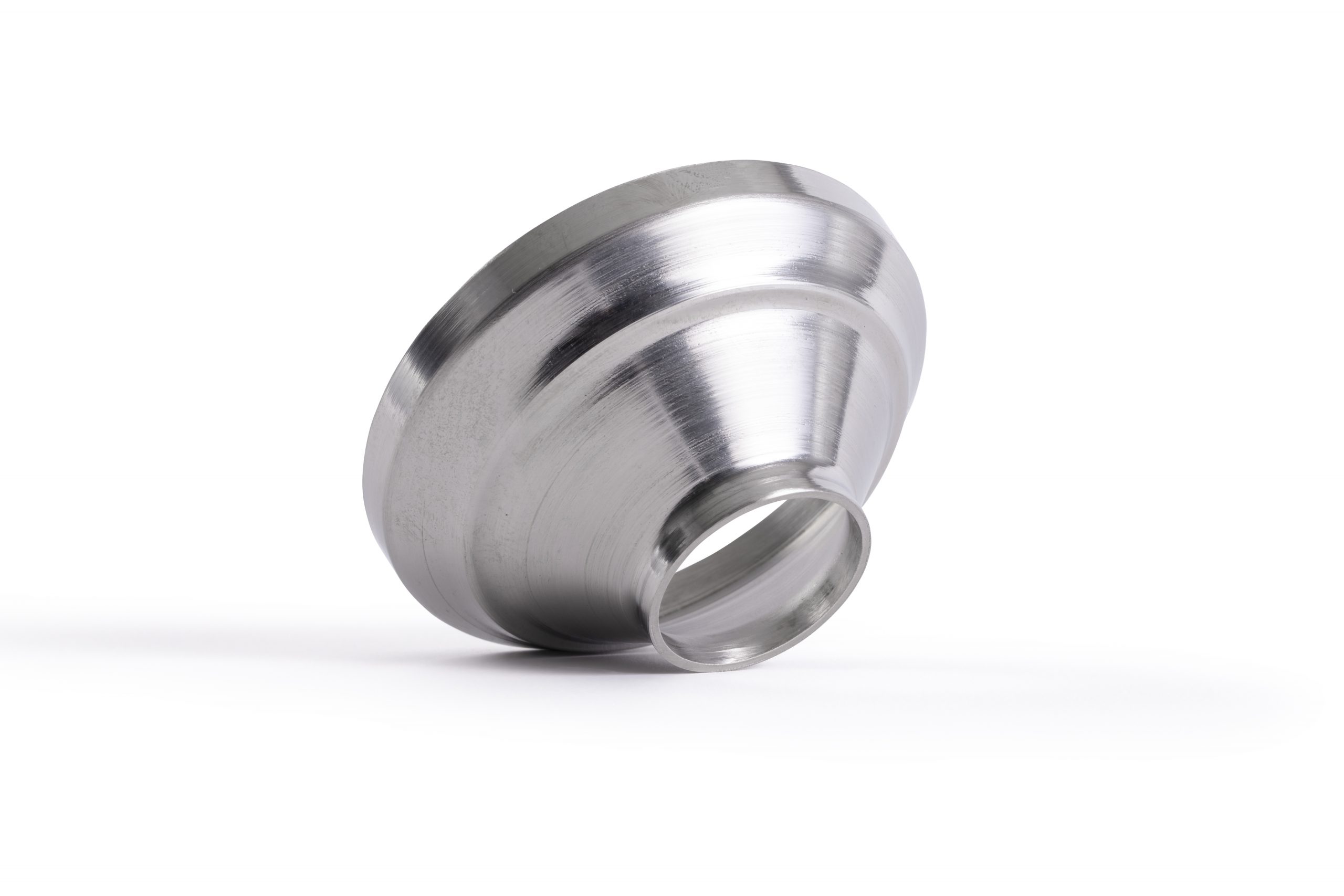 Metal Fabrication & Welding
Metal Fabrication & Welding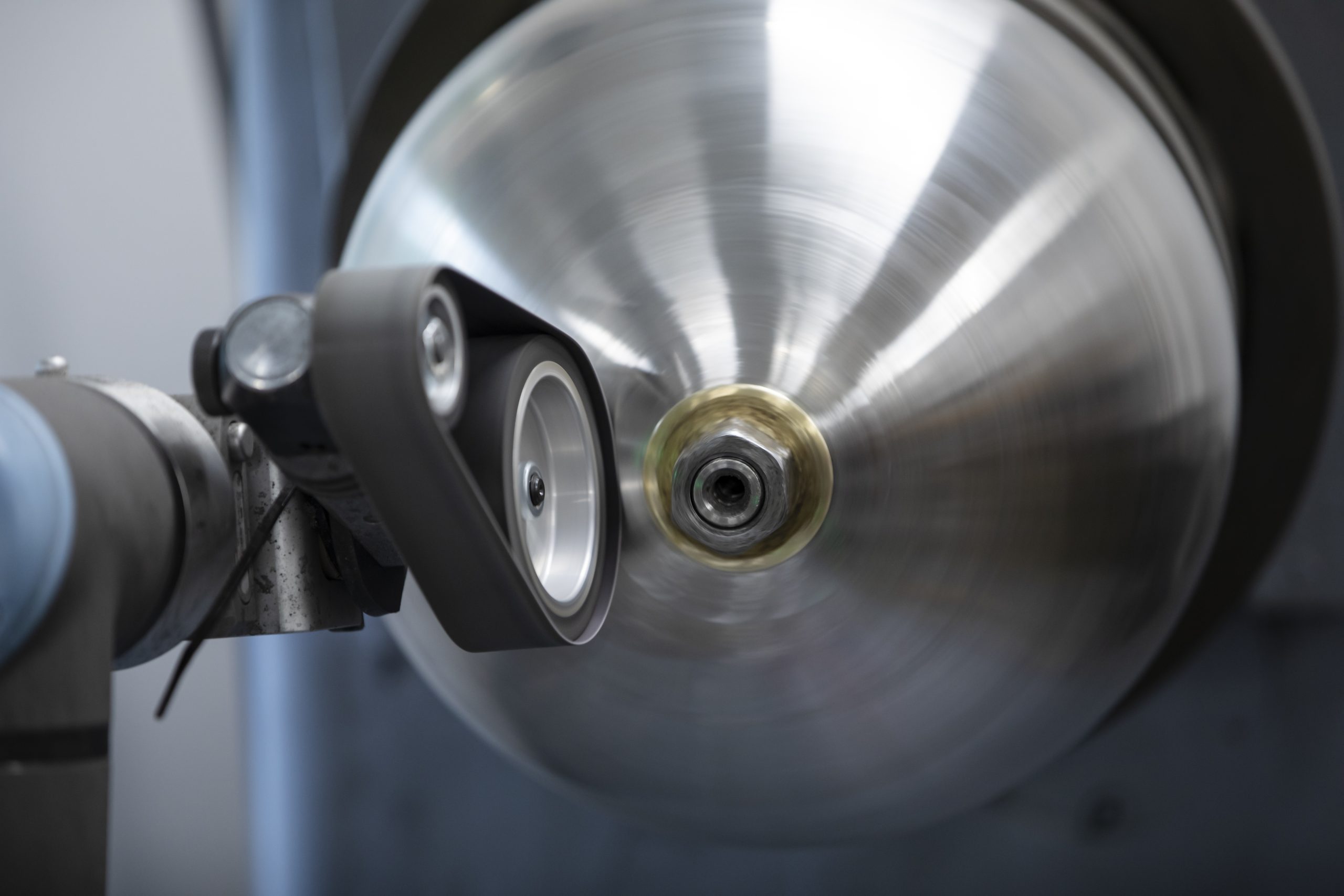 Precision Engineering
Precision Engineering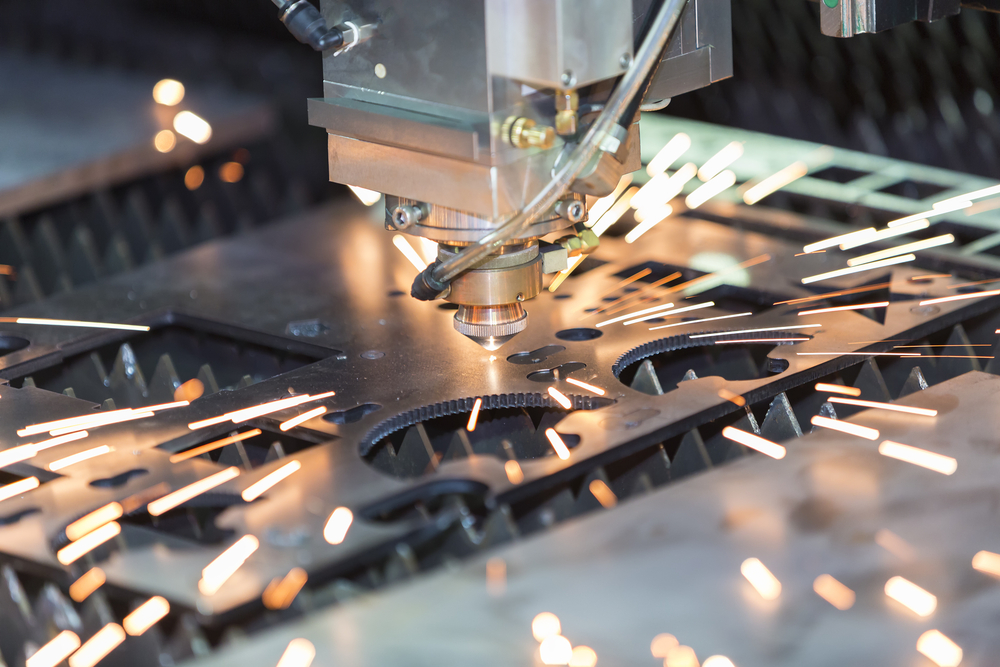 Laser Cutting
Laser Cutting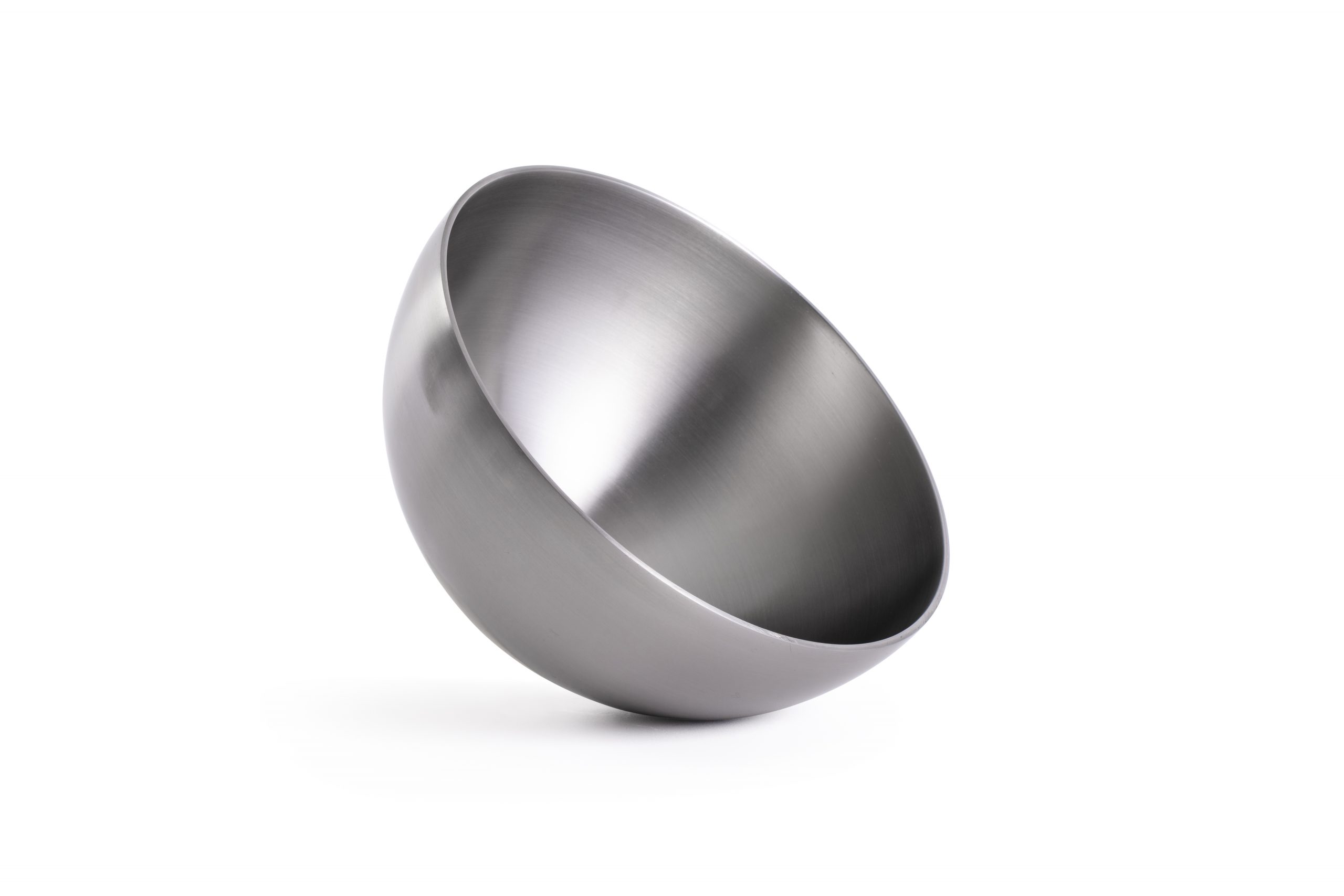 Inspection and Quality
Inspection and Quality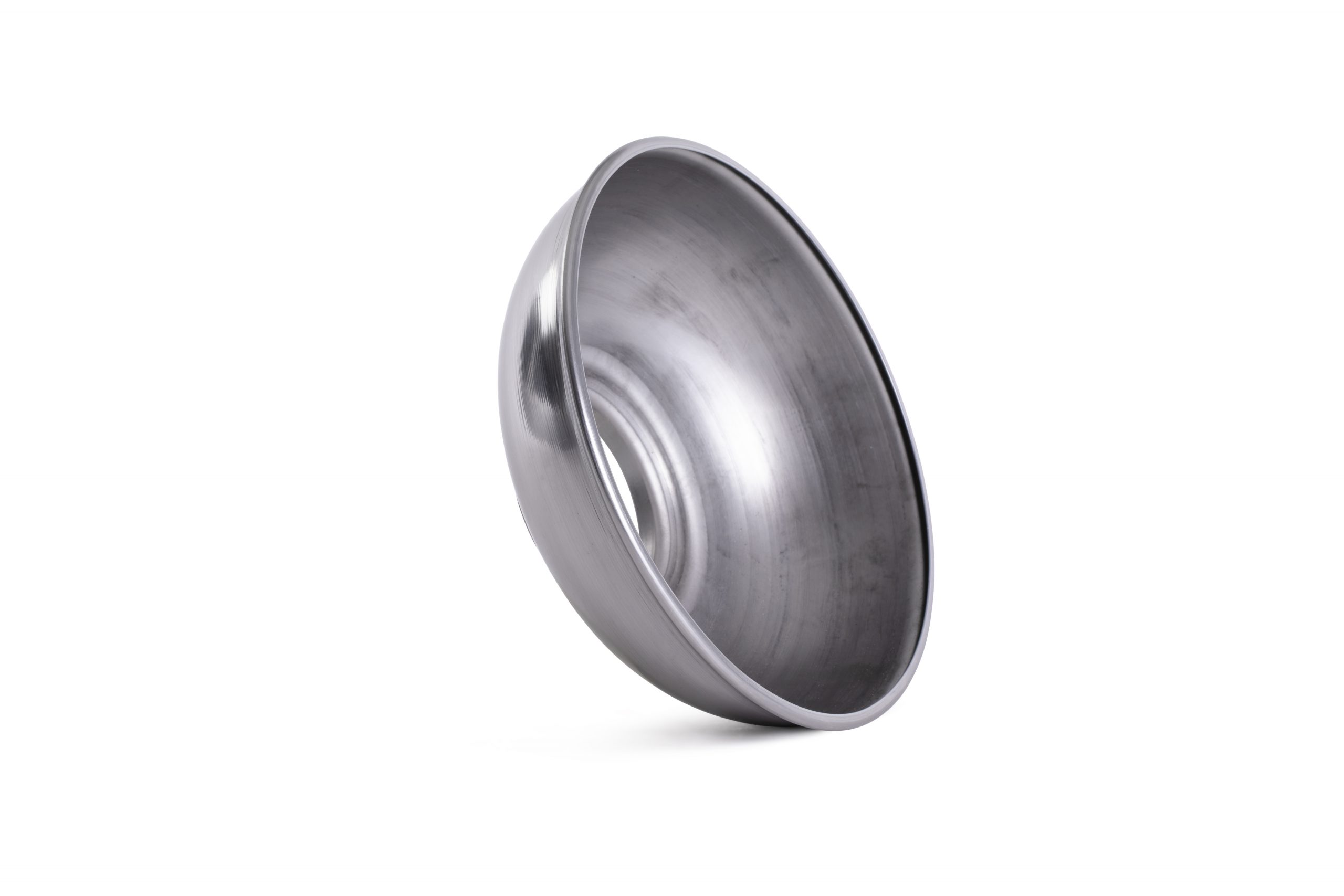 Anodising, Electropolishing and Pickling & Passivating
Anodising, Electropolishing and Pickling & Passivating Agriculture
Agriculture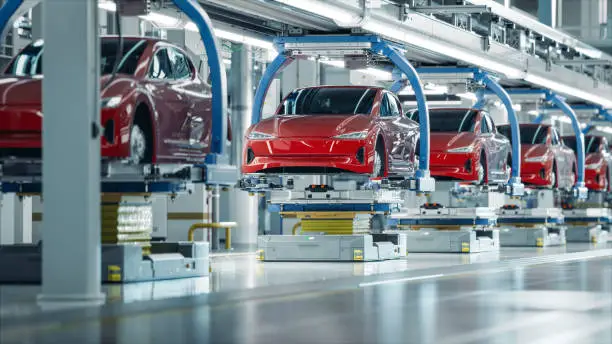 Automotive
Automotive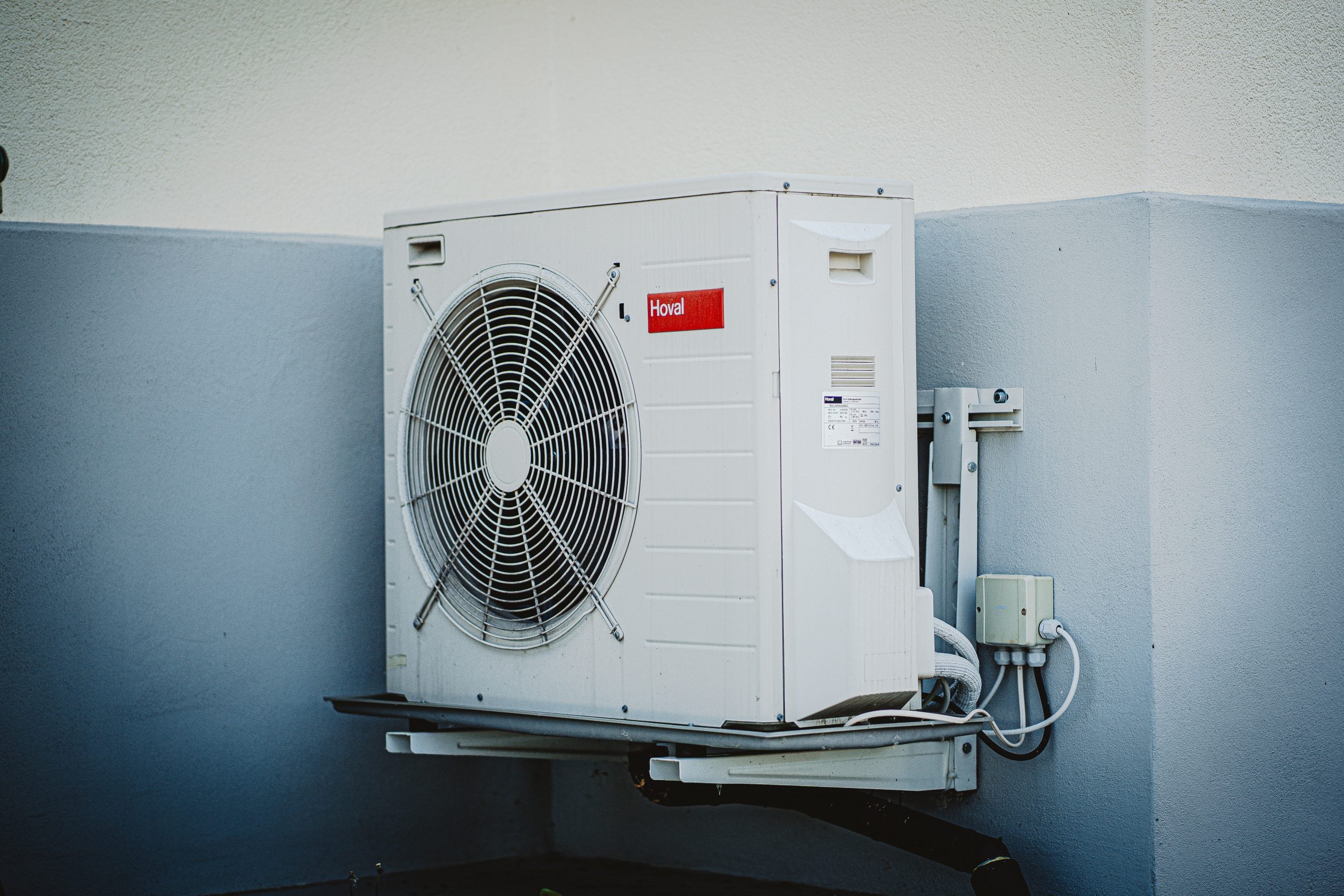 Air Movement
Air Movement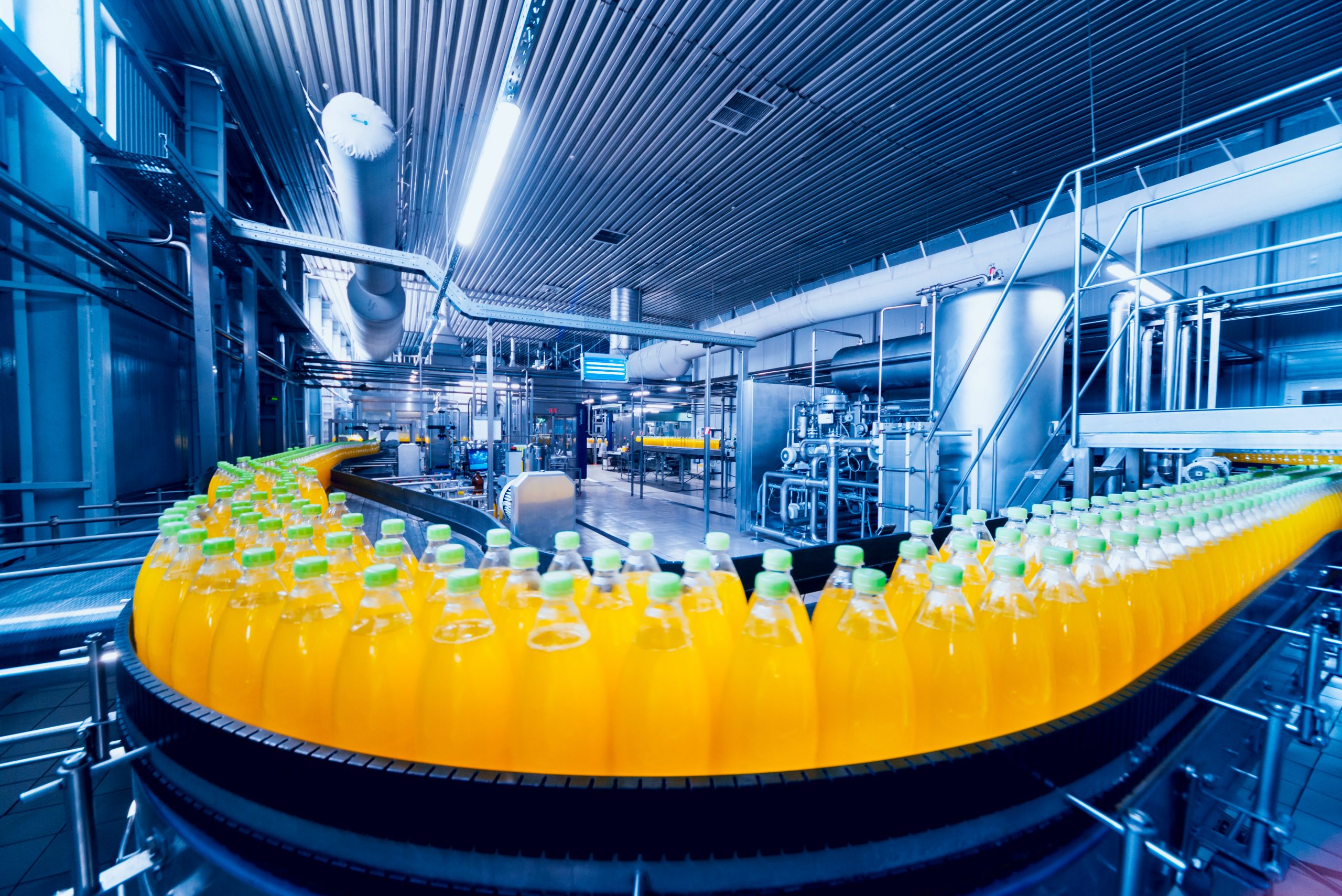 Food Industry
Food Industry Marine
Marine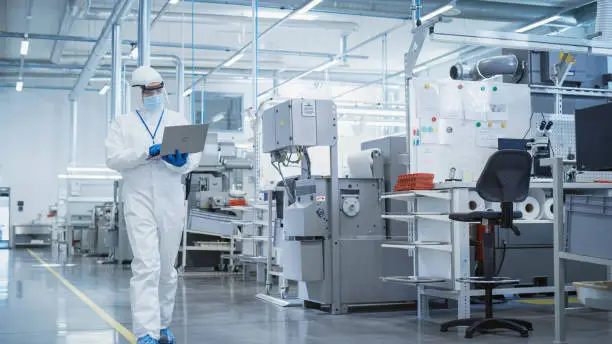 Medical and Cryogenic
Medical and Cryogenic Playground
Playground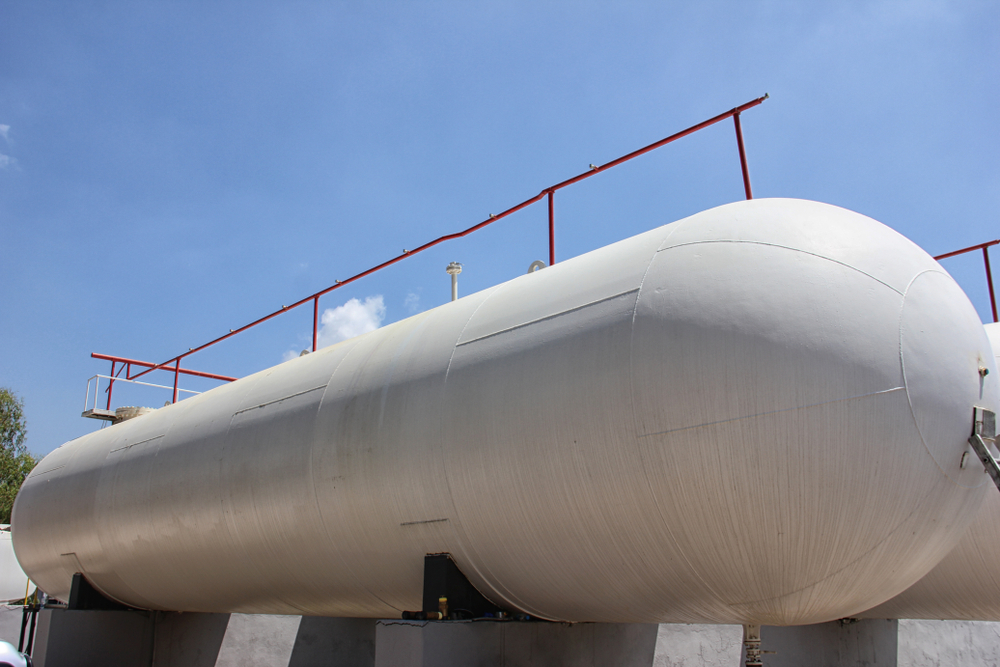 Pressure Vessels
Pressure Vessels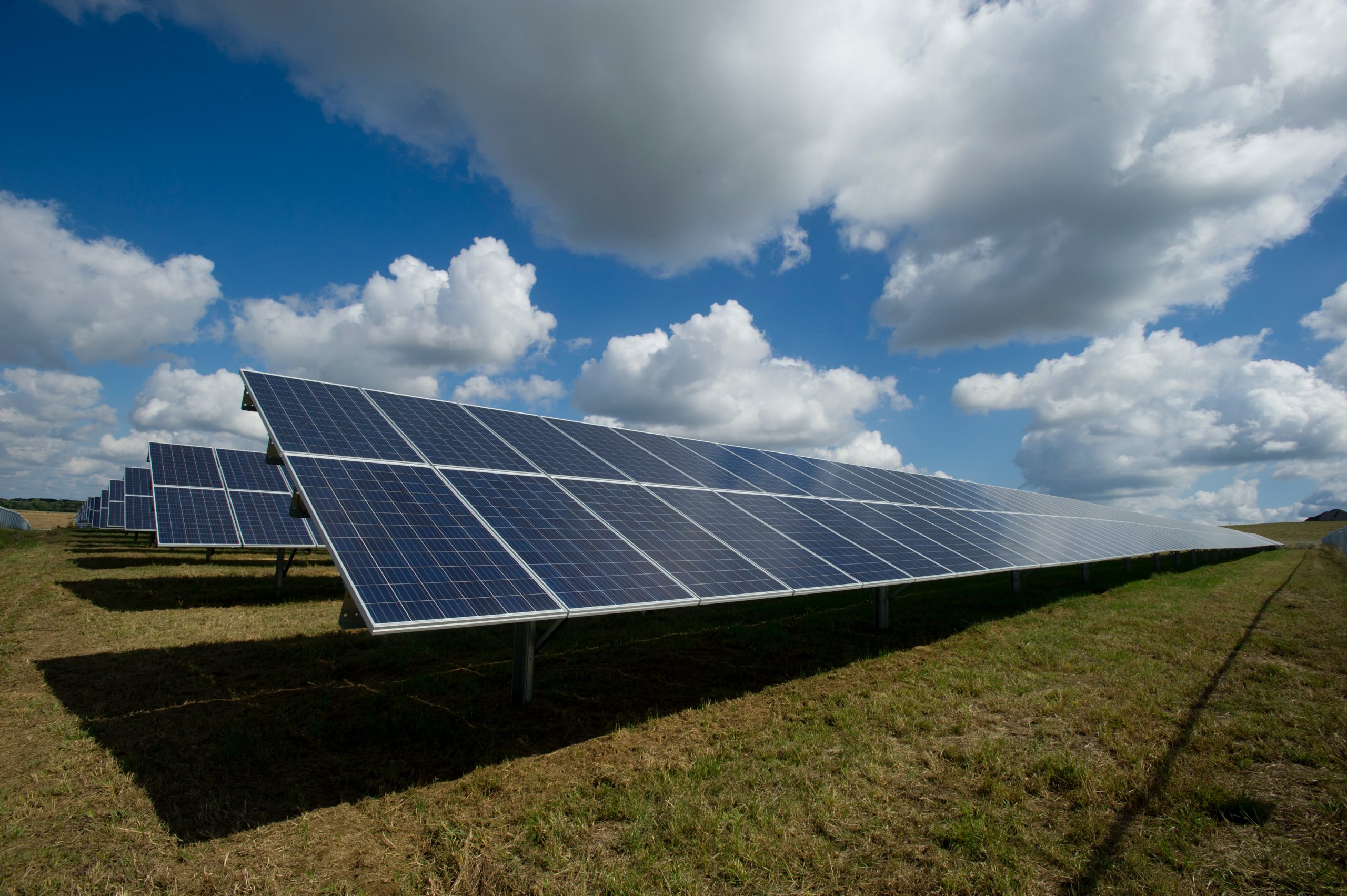 Renewable Energy
Renewable Energy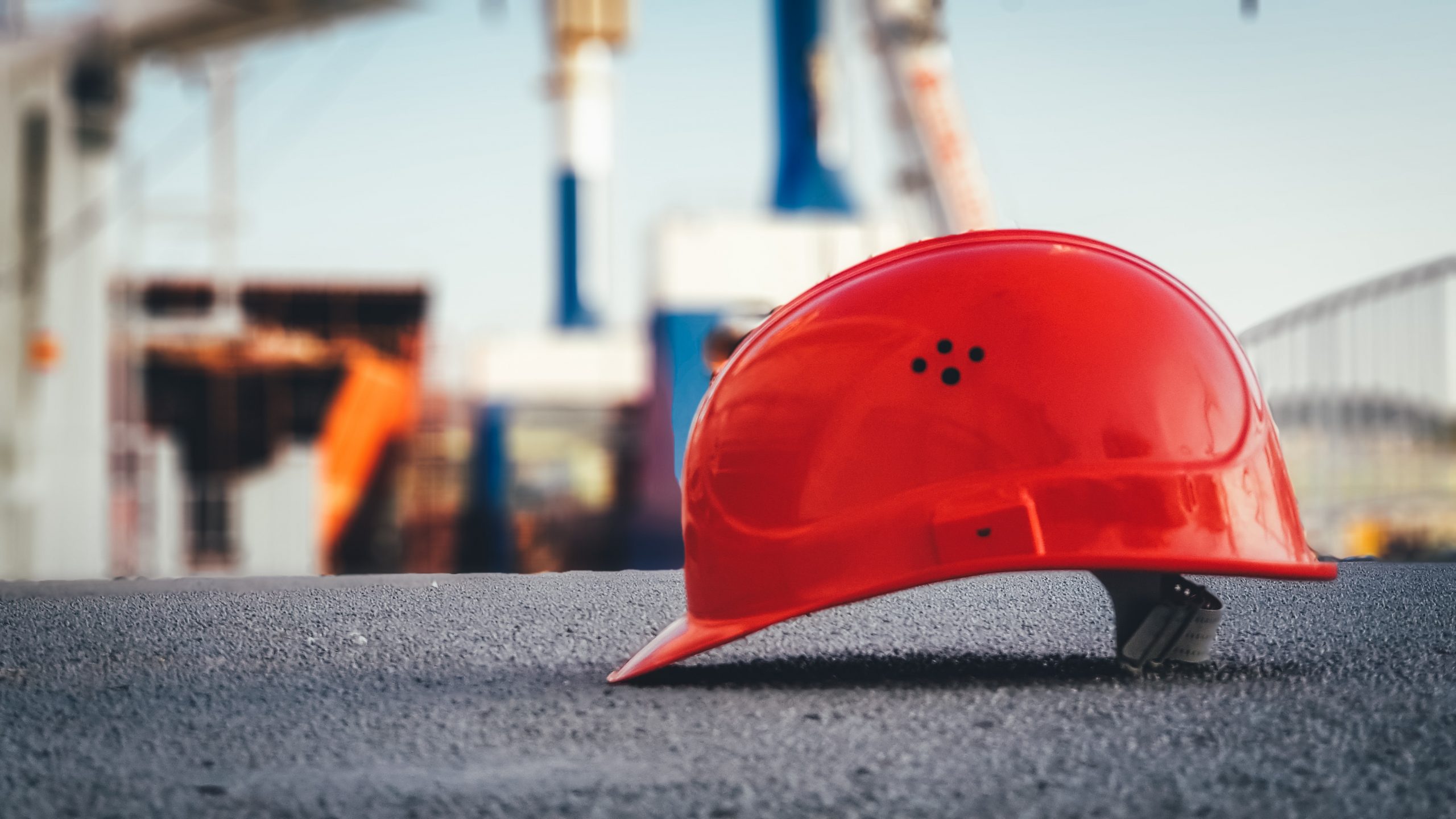 Safety
Safety